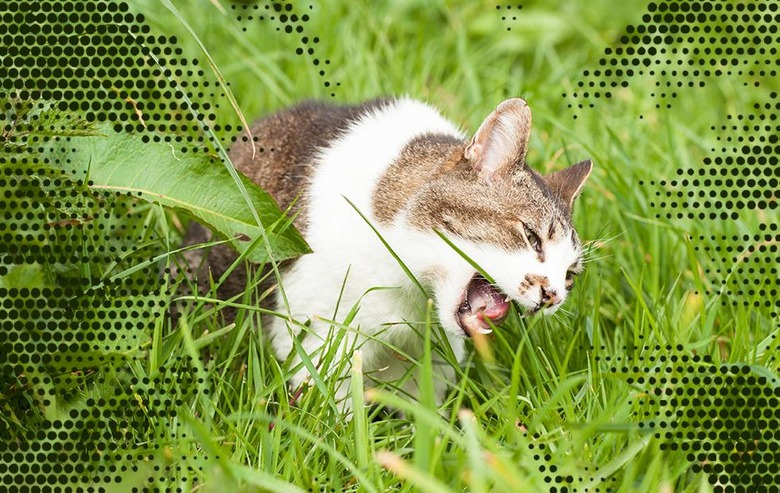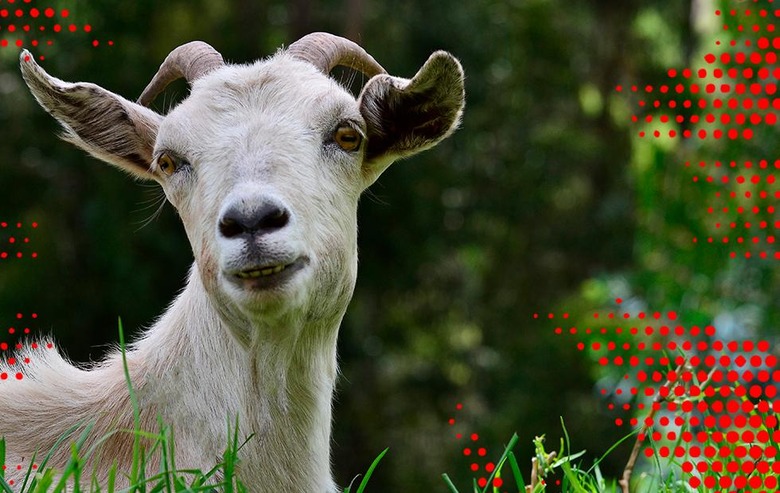These New Zealand Towns May Soon Ban Cats
There's a pest-removal proposal going down in Southland, New Zealand, that'll ban cats, goats, and pigs. If you live in this region, once the proposal is put into effect, you're going to need to get your cat chipped – or it could get removed and destroyed. Per the proposal's outline, these animals aren't the pests – they're just part of the pest problem. As such, they've gotta be kicked out – or at least kicked into gear.
Where is this cat-wrangling happening?
Southland is a region in New Zealand, and the proposal we're talking about today was made by the organization called Environment Southland Regional Council (ESRC). This council is, as they've said, "planning ahead for biosecurity in Southland." The proposal is currently in the public feedback phase. All towns in Southland are included in the document.
The proposed strategy for controlling harmful species, and it includes provisions for cats. Because we live in the year 2018, once people caught wind of the inclusion of cats in this document, people LOST THEIR MINDS. It was like JOKER TIMES up in here.

Domestic Cat Misunderstanding
People believed that, because "domestic cat" was included in the document, that it meant they'd be coming to take their kitties away with steel clubs and spiked armors and bags made of poison. So we took a peek at the proposal, and, really there's not too much to worry about at all. In reality, this proposal would only require that domestic cats be neutered or fixed (they say de-sexed), and that they get an identity microchip embedded in their body.
The plan includes the following provisions for domestic cats:
"No person shall: (i) keep, hold, enclose or otherwise harbour in any place, either in transit to or present on the Stewart Island/Rakiura site (Map 8 – Appendix 1) any domestic cat, goat or pig; or (ii) release into the wild on the Stewart Island/Rakiura site any domestic cat, goat or pig."
"Explaination of Rule: The reason for this rule is to prevent domestic cats, goats or pigs being present or being released into the wild at the Stewart Island/Rakiura site."
The rule can be found under "Plan Rule 28" in Objective, Principal Measures and Rules. This is on Page 86 of the Proposal for the Regional Pest Management Plan for Southland, as found at the public information site for said plan at the Environmental Southland Regional Council official site. The document can be downloaded near the bottom of the site in "Supporting documents" – it's a PDF file, the first one on the list.
But why?!
Domestic Cats are what the ESRC call "Pest Agents", which means they're succeptable to mixing with pests, breeding with pests, and/or carrying diseases otherwise carried by pests. If you've got a domestic cat living in your home, and that cat is de-sexed, and that cat is chipped, you'll still want to keep it safe from FERAL creatures.

If you live in New Zealand, you already know what it means to keep your kitty cat safe from FERAL cats and other such dangerous creatures. Now, really, all this proposal aims to do is to list all the pests in the area in an official document. The document puts together a plan for containment, eradication, or exclusion of pests of many sorts, and the document allows the organization to get busy making these plans a reality.
BONUS! The most scary of pests listed
Amongst the pests listed by this proposal are rats, possums, mustelids, and hedgehogs. The possum can be friendly, but the possum can be freaky. Rabbits are on the list, Norway rat, ship rat, Kiore rat, and Bengal Cats – and Feral Cats of all sorts, of course. Also on the list and noted for "exclusion" is "sea squirts!"
The pest list contains plants like gorse, broom, ragwort, and nodding thistle. Knotweed, Japanese honeysuckle, Knotweed, and Mountain pine are there as well. Parrots feather is on the list, and purple loosestrife, gorse, heather, hawthorn, field horsetail, Darwin's barberry, broom, boneseed, German ivy, and of course the plant called Old man's beard. The Old man's beard plant is also known as Clematis vitalba and is scheduled for "progressive containment."

But the most scary-sounding of the pests listed by the ESRC are, without a doubt, the feral goat and the feral pig. Because finding a wild goat or a wild pig chasing you through the wild when you did not expect it – that is when you will know true terror.
